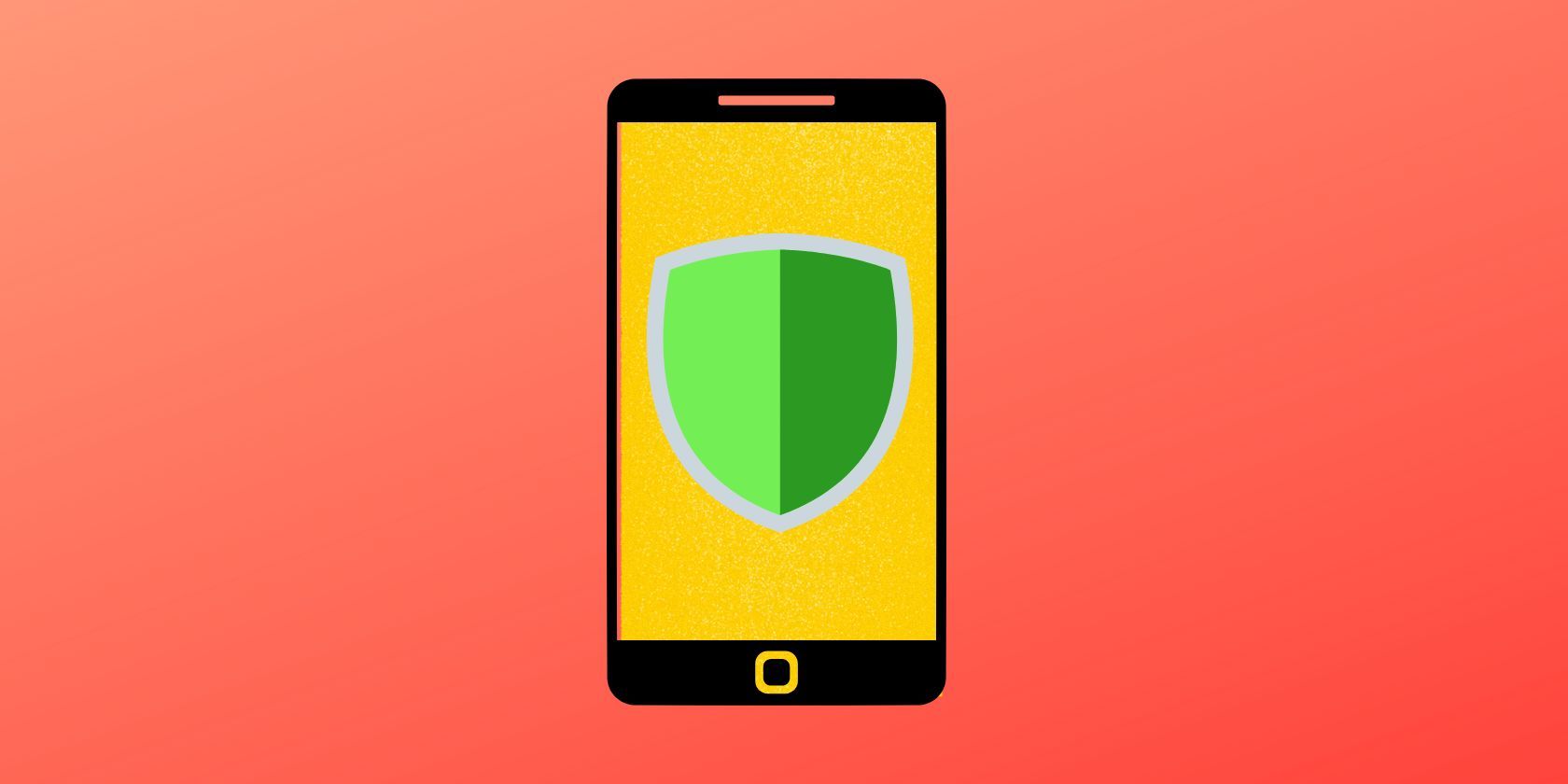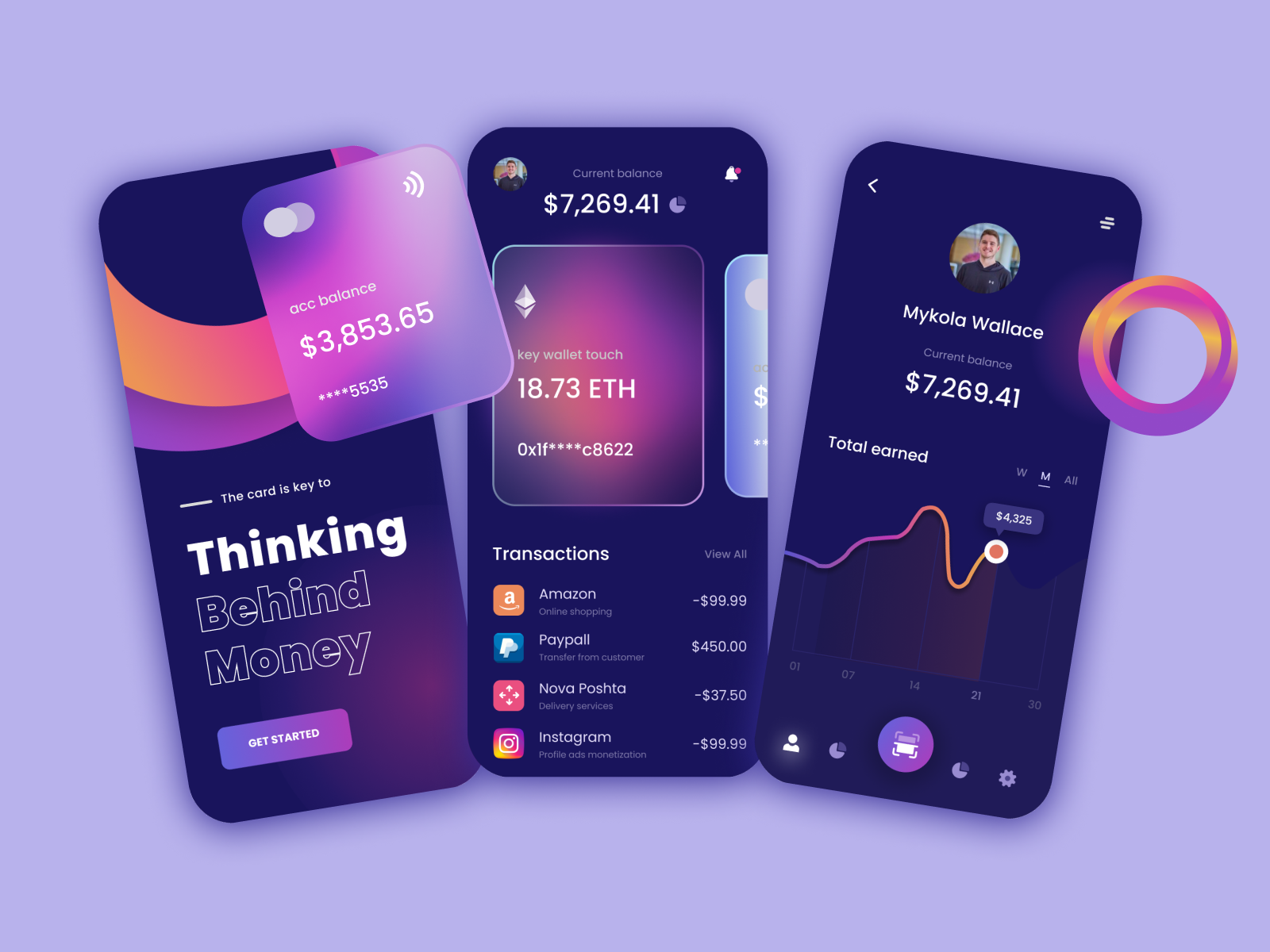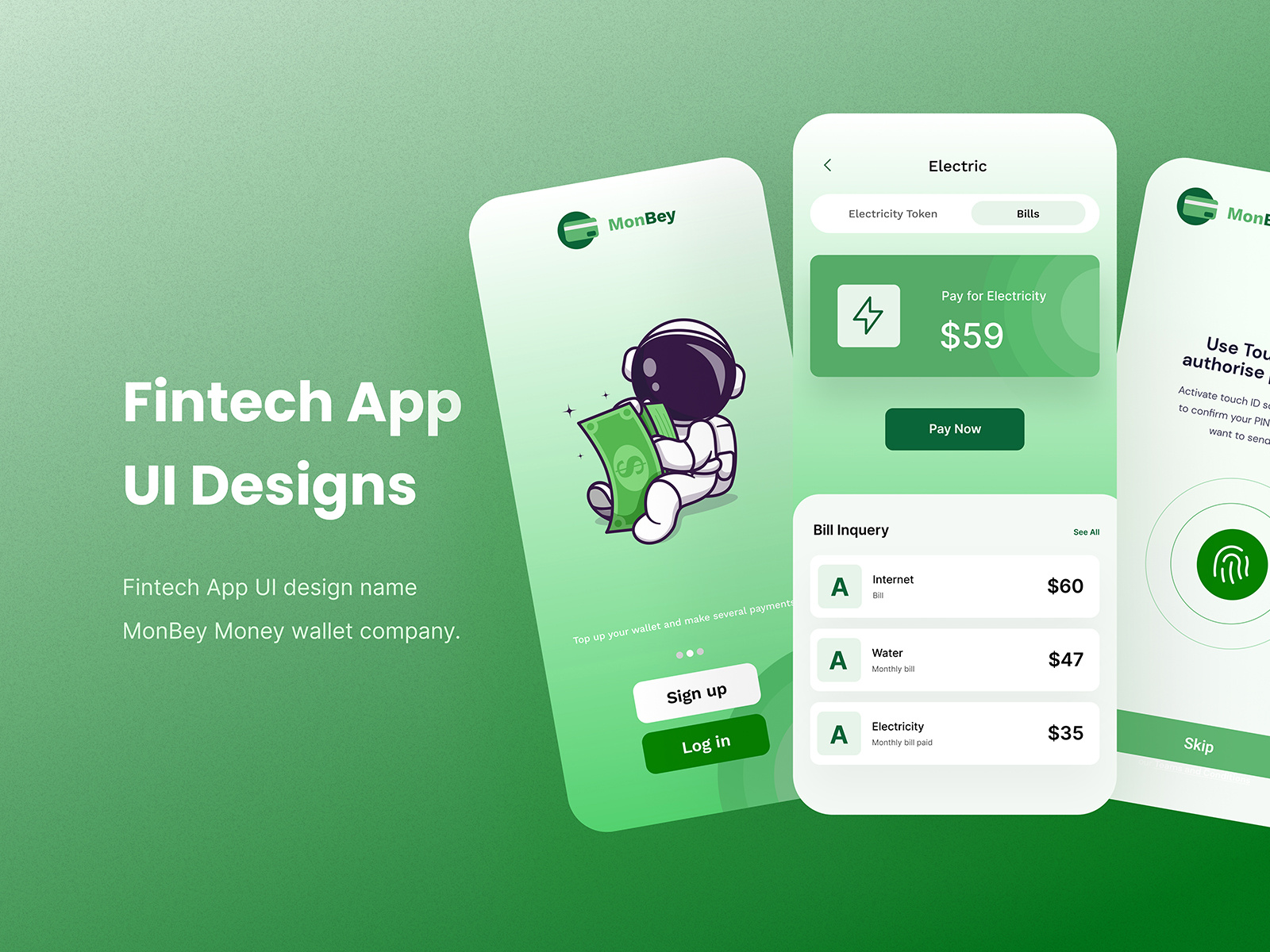Terms Of Service Mobile App - What You Agree To
Every time you download a new mobile application, there is a good chance you are asked to agree to a set of rules. These rules, often called "terms of service," are really important pieces of information. They lay out the expectations for how you can use the app and what the app's creator expects from you. It's a bit like signing up for something, you know, where everyone understands what the deal is.
You might just tap "agree" without giving it much thought, which is pretty common. Yet, these documents hold a lot of weight. They tell you about your rights and responsibilities when you are using that specific piece of software on your phone or tablet. It is that kind of foundational document for how you interact with the digital tool.
So, what exactly are these "terms of service" that pop up on your screen? And why do they matter so much for the apps we use every day? This discussion will help make sense of these digital agreements, making them feel less like confusing legal speak and more like simple guidelines for using your favorite apps, that is for sure.
Table of Contents
- What are Terms of Service for a Mobile App?
- Why Do Mobile App Terms of Service Matter?
- Are Mobile App Terms of Service Required by Law?
- What Happens if You Don't Follow Mobile App Terms of Service?
- Getting Your Own Mobile App Terms of Service
- Looking at Mobile App Terms of Service in Action
- Making Mobile App Terms of Service Easy to Find
- A Quick Look at Mobile App Terms of Service
What are Terms of Service for a Mobile App?
When we talk about a "term," we often mean a word or phrase that has a very specific sense in certain situations. It could be something special to a science, an art, a job, or just a particular topic. For instance, in medicine, "diagnosis" is a term with a very clear definition. In the world of mobile applications, a "term" is often one of the many conditions that help run an agreement, a setup, or an activity. It's like a building block for the whole arrangement, you know, what everyone agrees to. These conditions set the ground rules, making sure everyone knows what is expected from them. It really helps keep things organized for everyone involved.
So, too it's almost like these documents specify the actual wording or the way things are presented. Think about how a recipe tells you exactly what to do, step by step. These terms are similar; they spell out the precise language that will be used. They might say, for example, that all products and services provided through the app are subject to certain promises. This means that if you use the app, you are saying you are okay with these promises. It is a way of making sure everyone is on the same page, from the very beginning. This is a big part of what makes up the mobile app terms of service.
A "term" can also mean a set period of time something is meant to last. Like a school semester, which has a clear start and end. In the context of mobile applications, this could relate to how long an agreement is valid or how long certain features are available. It's about setting boundaries for the passage of time. The Oxford Advanced Learner's Dictionary, for instance, defines "terms" as the conditions people offer, ask for, or accept when they make a deal or a promise. These are the specific things that must be agreed upon for something to happen or keep going. So, in some respects, these are the unspoken agreements that become written rules for your mobile app terms of service.
Why Do Mobile App Terms of Service Matter?
The conditions or rules that limit something, like a deal or a promise, are incredibly important. They act like guardrails, keeping everything within certain boundaries. Without them, things could get pretty messy, pretty quickly. These rules tell you what you can and cannot do, which is really helpful for both the person using the app and the company that made it. It's about creating a clear playing field, where everyone knows the lines. So, really, they provide a framework for how the mobile app terms of service will be put into practice.
Furthermore, these are the things that absolutely must be agreed upon for something to happen or to continue. Think of it like putting together a puzzle; if you are missing a piece, the picture just isn't complete. In the same way, if certain conditions aren't met, the whole agreement might not be valid, or the service might not be available. It's about making sure all the necessary elements are in place. This helps avoid confusion and disagreements later on, which is quite useful. So, in a way, these requirements are the glue that holds the mobile app terms of service together.
When people talk about "in terms of something," they are usually describing a particular part of a subject. For instance, when discussing how clean sugar ethanol is, you might say, "in terms of emissions cleanliness, sugar ethanol is considered better." This phrasing helps focus the discussion on a specific aspect. Similarly, the definition of "term" can also refer to a word or phrase used to name something, especially if it is linked to a particular kind of subject. These definitions are continuously updated with new words and meanings, which is pretty neat. This ongoing update helps ensure the mobile app terms of service stay current with language use.
Are Mobile App Terms of Service Required by Law?
It is interesting to note that while there is no strict legal requirement to give users of a mobile app a set of terms and conditions, it is very strongly suggested that the app's provider does show these rules. This might seem a bit odd, but it is actually a smart move for many reasons. Even if the law does not make you do it, having these rules in place can save a lot of headaches later. It is like having a clear set of instructions for a complex machine; you might not be forced to write them, but it makes using the machine much smoother for everyone involved. So, you know, it is more about good practice than a legal demand for mobile app terms of service.
Consider this: if a company does not have clear rules, what happens when something goes wrong? Without a written agreement, it can be very difficult to sort out disagreements or misunderstandings. These documents act as a safety net, protecting both the app user and the company. They spell out who is responsible for what, which is pretty vital. For example, they might explain what happens if the app stops working, or if someone misuses it. It helps prevent bigger problems from coming up, which is a big plus. So, in some respects, these guidelines provide a kind of peace of mind for everyone using the mobile app terms of service.
Think about it like this: if you were inviting someone into your home, you might have some unspoken rules, like taking off their shoes. But if you were running a business, you would want those rules written down so everyone knows them. Mobile apps are like digital businesses. They handle user data, offer services, and create a community. Having clear rules helps manage all of that responsibly. It shows that the app creator is serious about how their product is used and how they will interact with their users. This kind of transparency can build trust, which is really important for any digital product. This is why having mobile app terms of service is so often suggested.
What Happens if You Don't Follow Mobile App Terms of Service?
Unless it is specifically mentioned in any other agreements, the app creator can, at any time, stop your ability to use and get into the app. This can happen if you break any part of the rules. It is like when you sign up for a gym membership; if you do not follow the gym's rules, they can cancel your membership. This is a pretty straightforward consequence. The rules are there for a reason, to keep things fair and orderly for everyone. So, too it's almost like a warning that if you do not play by the rules, your access to the mobile app terms of service could be taken away.
This also applies if you act in a way that goes against what the terms expect. For instance, if the rules say you cannot share your login information, and you do, that would be a breach. Or if the terms forbid using the app for illegal activities, and someone does that, their access could be cut off. It is about maintaining a safe and respectful environment for all users. The app creator needs to be able to protect their service and other users from harmful or unwanted behavior. This is a very important part of keeping the app experience good for everyone. So, in a way, these provisions are there to make sure everyone is playing fair with the mobile app terms of service.
The conditions are there to protect the service itself, as well as its users. They often cover things like intellectual property, meaning the creative work that belongs to the app maker. If someone tries to copy the app or use its content in ways that are not allowed, the terms give the app maker the right to step in. This helps ensure that the hard work put into creating the app is respected. It is about making sure that the digital space remains a place where rules are followed, which is quite beneficial. This protective aspect is a key feature of the mobile app terms of service.
Getting Your Own Mobile App Terms of Service
You can find sample terms and conditions templates for mobile apps, like those offered by websitepolicies.com. These templates are super helpful because they give you a starting point. It means you do not have to create everything from scratch, which can save a lot of time and effort. These ready-made documents cover many common situations and legal points that app makers need to think about. It is a bit like getting a pre-built frame for a house; you still need to add your personal touches, but the basic structure is there. So, really, it makes the process of setting up your mobile app terms of service much simpler.
These services offer policies for all kinds of businesses. It does not matter if your new company is an app, a website, a blog, or any other kind of digital project. They can help you create a very specific privacy policy and terms of service in just a few seconds. This speed and customization are really useful, especially for smaller businesses or people just starting out. It means you can get the necessary legal documents in place quickly, letting you focus more on building your actual product. This kind of efficiency is pretty valuable in today's fast-paced digital world. So, in some respects, it takes a lot of the guesswork out of creating mobile app terms of service.
Having a professional terms of service agreement is important for your website, mobile app, desktop app, and more. A free generator can help you create one. These tools guide you through a series of questions about your app and its functions. Based on your answers, they put together a document that fits your specific needs. It is a very practical way to make sure you have a solid set of rules without needing to hire a lawyer for every single detail. This accessibility helps many creators protect themselves and their users. So, too it's almost like having a legal assistant at your fingertips for your mobile app terms of service.
Looking at Mobile App Terms of Service in Action
Many popular apps have their own distinct terms of service. For example, Caesars Rewards, which is a very popular loyalty program in the casino business, has its own set of rules. The Branch Rewards program, a part of the Branch digital wallet, also offers users the chance to get rebates or discounts, all under its specific terms. These examples show how even programs that offer benefits still need clear guidelines for how those benefits are used. It is about making sure that the promises made are understood by everyone involved. So, you know, these are real-world instances of mobile app terms of service at work.
Sometimes, apps can create unexpected situations, which is where terms become very important. There are stories about apps that make you download another app and upgrade your security, only for the original app not to recognize the changes. This kind of problem can be very frustrating for users. In such cases, the terms of service might outline how these issues are handled, or what the company's responsibility is when things do not work as expected. It is about setting expectations for how technical glitches are addressed. So, in a way, these rules provide a safety net for users experiencing problems with their mobile app terms of service.
Consider Azure App Service, which is a platform that lets you run web applications, mobile back ends, and online services without having to worry about managing the underlying computer systems. These terms and conditions apply to the specific app, referred to as the "application," for mobile devices. The terms are created by the developer or company name, referred to as the "service." This highlights how even complex technical platforms have their own specific rules for how users interact with them. It ensures that both the user and the provider understand their roles and responsibilities. So, really, it helps keep the technical side of mobile app terms of service clear.
Making Mobile App Terms of Service Easy to Find
Having a good screen design for your mobile app's terms and conditions is very helpful. There are user interface (UI) kit templates available for this very purpose. These templates are ready to help kick start your design process. They make it easier to present the terms in a way that is clear and easy for users to read. It is about making sure that when someone needs to look at the rules, they can find them without any trouble. A well-designed screen can make a big difference in how users feel about the app. So, too it's almost like putting a welcome mat out for your mobile app terms of service.
An easy and enjoyable user experience is something every app developer aims for. This extends to how the terms and conditions are presented. If they are hidden away or difficult to read, users might get frustrated. Providing a free hosting page for your terms and conditions can also be a good idea. This means you do not have to worry about where to put the document online; someone else handles that for you. It simplifies the process for the app maker and makes it more reliable for the user to find the information. So, you know, it helps make the whole process smoother for mobile app terms of service.
The ability to download your terms and conditions is another user-friendly feature. This lets users save a copy of the rules for their own records, which can be very helpful if they ever need to refer back to them. It shows a commitment to transparency and user convenience. When users feel like they have easy access to important documents, it builds trust. This trust is a very important ingredient for any successful app. So, in a way, making these documents accessible just adds to the overall positive feeling about the mobile app terms of service.
A Quick Look at Mobile App Terms of Service
When you download an app, you are usually asked to agree to its terms of service. These are essentially the specific rules or conditions that control how you use the app. They spell out what you can do, what the app creator promises, and what might happen if those rules are not followed. It is about creating a clear understanding for everyone involved. These rules help manage the agreement between you and the app, setting the boundaries for how everything will work. So, you know, they are a fundamental part of using any digital service.
While there might not be a legal requirement to have these terms for every mobile app, it is very strongly advised. They protect both the app maker and the user by clarifying responsibilities and expectations. If you do not follow these rules, your ability to use the app could be stopped. This is why understanding them, even just a little, is a good idea. Many resources, like templates and generators, exist to help app creators put these important documents together. So, too it's almost like a shared guidebook for everyone using the mobile app terms of service.
Examples from various apps show how these terms are put into action, whether it is for a rewards program or a cloud service. The way these terms are presented, like through easy-to-find screens or downloadable files, also plays a big part in the user experience. It is all about making sure that the guidelines are clear, accessible, and fair. This helps build a better relationship between the app and the person using it, which is pretty important for continued use and satisfaction. So, in some respects, these agreements are all about creating a clear path for using your mobile app terms of service.

What Is Mobile App Security?

Banking Service Mobile App by Pulleh Bhatia on Dribbble

Finance service - Mobile app by Md Azizul Hakim on Dribbble